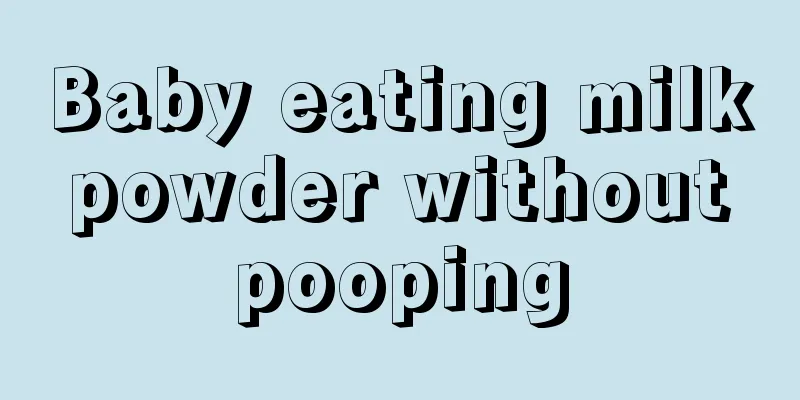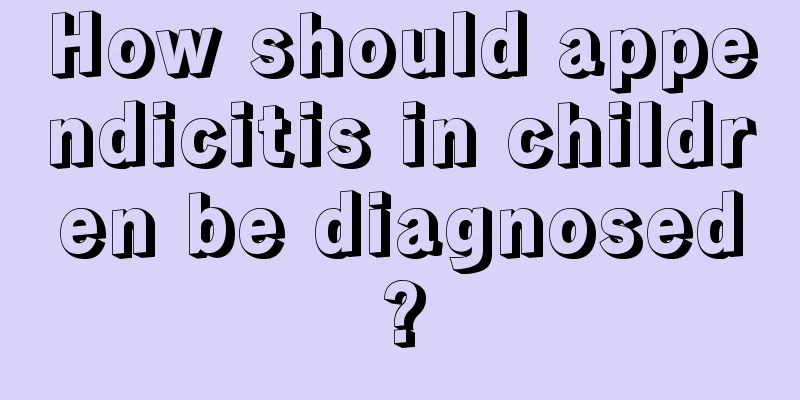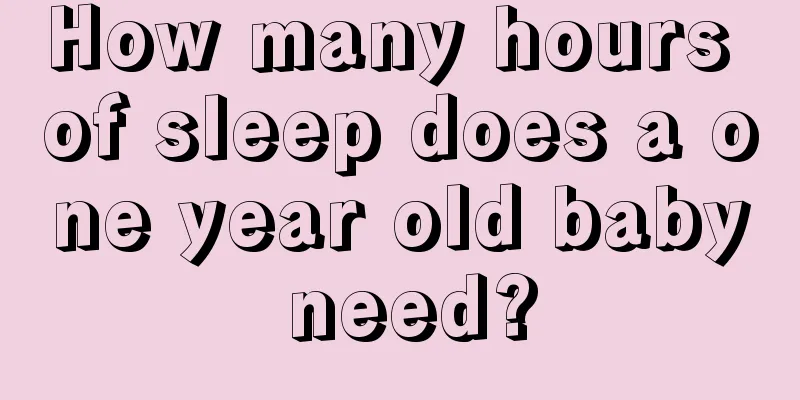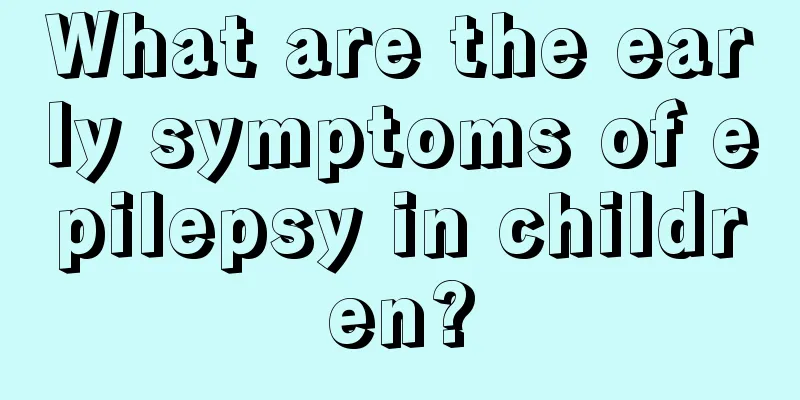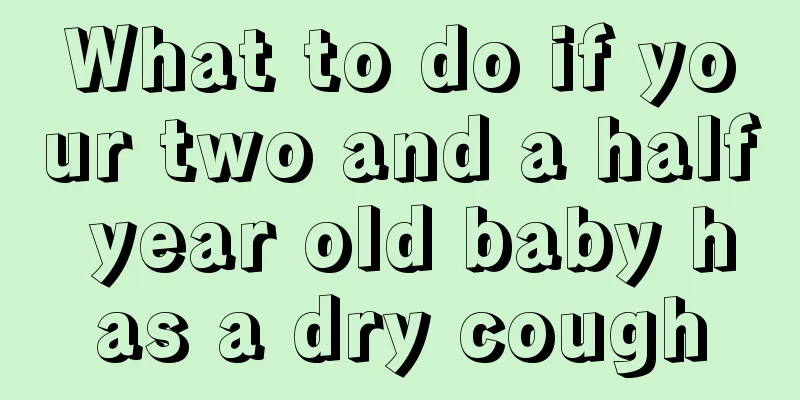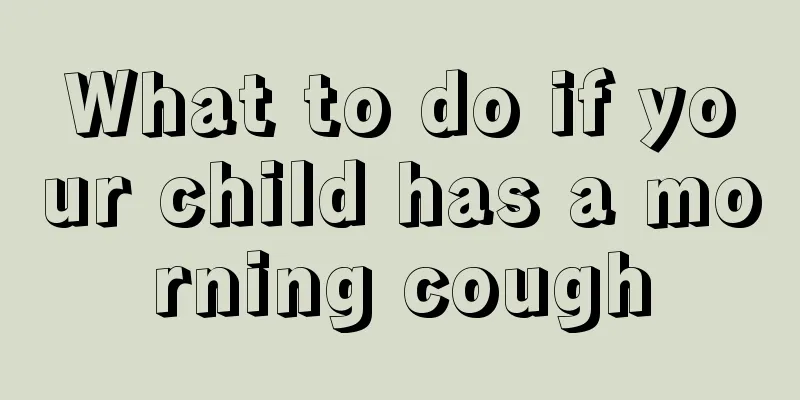What should I do if my baby has a fever after vaccination?
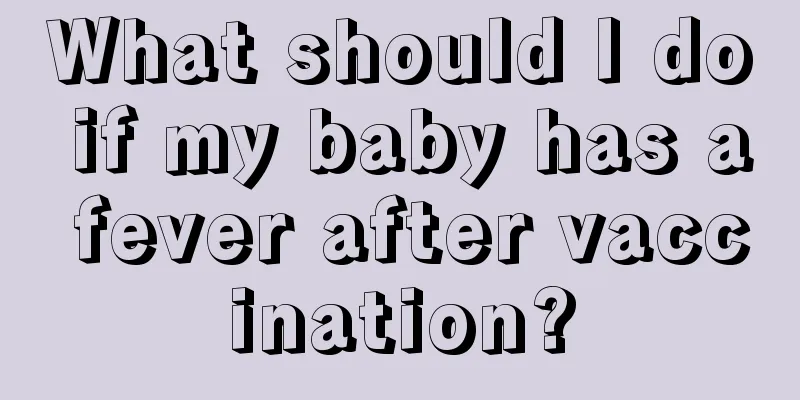
|
Fever is a common phenomenon, but many babies will also have a fever after receiving vaccinations. This is also a relatively common phenomenon. Many mothers do not understand what to do if they have a fever after receiving vaccinations. In fact, it is very easy to treat. So what should we do if our baby has a fever after getting a vaccination? Let’s take a look together! I hope everyone can understand it through the introduction below. Vaccines are made of bacteria, viruses or their toxins. Although these pathogenic factors have been inactivated or attenuated, they are all foreign proteins or antigenic substances that have a certain stimulating effect on the human body. Therefore, after the baby receives the vaccination, it may cause local or systemic reactions of varying degrees, among which fever is the most common reaction. Moreover, as age increases and the number of vaccinations increases, the fever will become more severe. For most infants, low-grade fever is more common and generally does not require special treatment and will resolve on its own after 1-2 days. A few infants also have stronger reactions, sometimes with body temperature exceeding 39°C, which may be accompanied by systemic reactions such as loss of appetite, nausea and vomiting. At this time, they should rest, pay attention to water replenishment, and use warm water baths. If necessary, they should take antipyretic drugs such as pediatric antipyretic tablets, Motrin, and Baifuning under the guidance of a doctor. If you still have a fever 2-3 days after the vaccination, you may have a secondary infection and should go to the hospital immediately. Transient fever may occur after vaccination, which is generally below 38.5℃, but may exceed this temperature in some individual cases. If the fever is caused by vaccination, you can just give antipyretic treatment and there is no need for oral cold medicine. However, there are also cases of upper respiratory tract infections caused by viral infections after vaccination. At this time, you need to see whether there are cold symptoms such as runny nose, nasal congestion or sneezing, or whether there is congestion in the throat. If these symptoms occur, you can take oral cold medicine. Generally, you cannot bathe your baby within three days after getting a vaccination. If you bathe your baby, it can be very harmful, so you must be careful. You also need to pay special attention to your diet. Try to use warm water when taking medicine. This will make the treatment more effective. Don't worry too much. |
<<: What are the reasons why babies cough violently at night?
>>: What causes a baby's breathing to be loud?
Recommend
What is the reason for the white mark on the child's scar?
After a child's skin is traumatized, it will ...
Should children's antipyretic mixture be taken orally or applied externally?
The most worrying issue for families is the baby&...
How many times a day is normal for a full-month baby to defecate
There are many aspects that require attention for...
What to do if a 1-month-old baby gets angry
If a one-month-old baby gets a fever, you should ...
What to do if children's hair turns yellow
The problem of children's yellowing hair is a...
What should I do if my baby suddenly refuses to eat milk powder?
The physical health of the baby is what parents c...
Symptoms of facial eczema in children
Most children nowadays will encounter facial ecze...
What is going on with baby's hair loss?
Parents who raise their babies will definitely en...
Why do children's teeth turn yellow?
I believe parents will devote all their energy to...
Is it normal for a newborn to not have a bowel movement on the fourth day?
Under normal circumstances, a newborn baby defeca...
What to do if you wake up coughing in the morning
Many people may experience coughing when they wak...
What is the best meal for children with fever?
As children grow up, they will inevitably suffer ...
What should I do if my one and a half year old baby coughs and has phlegm?
Many new mothers will encounter the situation whe...
Can children drink cocktails?
Cocktails have a certain alcohol content, so it i...
Teething symptoms in babies
After a few months, the baby will start to grow t...
